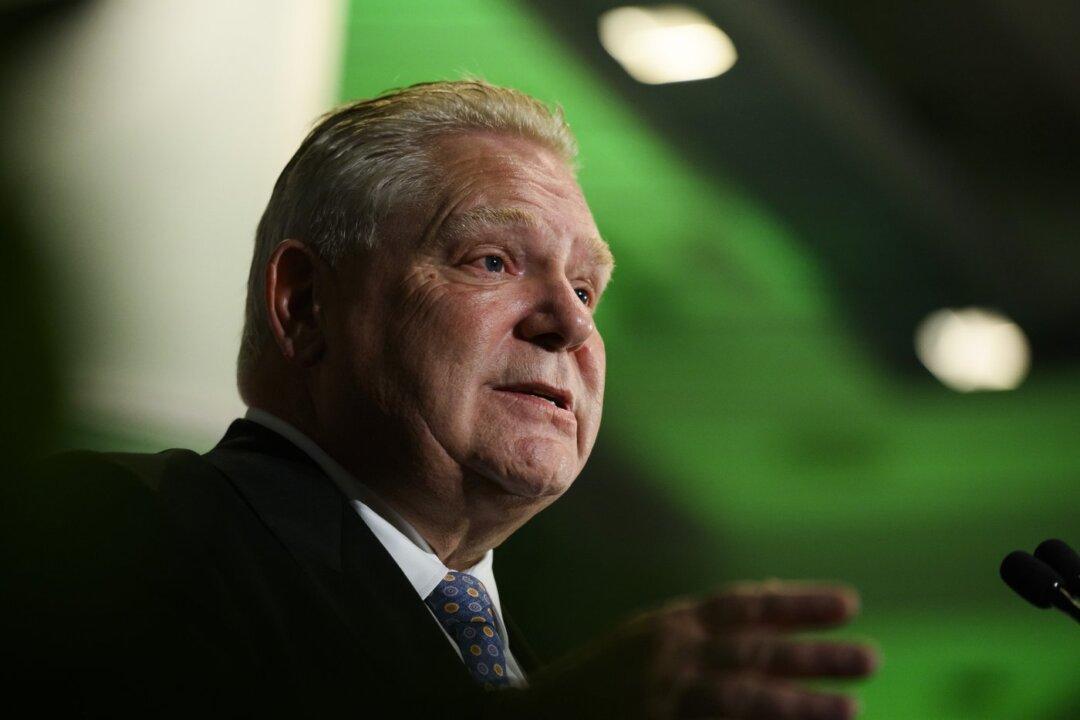The head of Canada’s most populous province on Wednesday warned that he could cut off energy supplies to several northern U.S. states should President-elect Donald Trump go through with his plan to implement a 25 percent tariff over border security.
“We will go to the full extent, depending on how far this goes,” Ontario Premier Doug Ford said in a news conference. “We will go to the extent of cutting off their energy, going down to Michigan, going down to New York State, and over to Wisconsin.”





